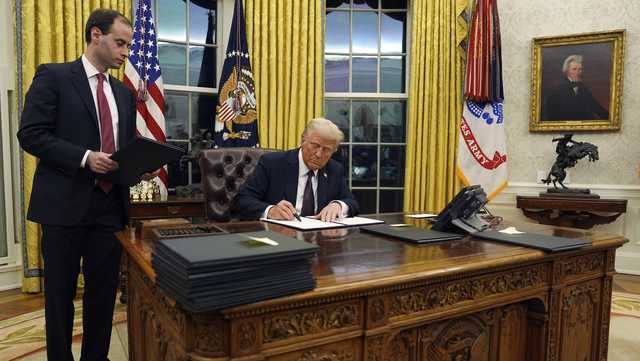Breaking: US Suspends Critical WHO Partnership, Global Health Diplomacy in Turmoil

In a sudden and dramatic move, U.S. public health officials have been abruptly instructed to cease all collaborative efforts with the World Health Organization (WHO), with the directive taking effect immediately. This unexpected directive signals a significant shift in the international health cooperation landscape, potentially disrupting critical global health initiatives and pandemic response strategies.
The order comes as a surprise to many in the public health community, who have long relied on the WHO's expertise and global network for coordinating health research, tracking disease outbreaks, and developing international health protocols. The immediate halt to collaboration raises questions about the potential implications for global health security and the United States' role in international health governance.
While the specific reasons behind this decision remain unclear, the move suggests a potential breakdown in diplomatic and scientific relations that could have far-reaching consequences for global health preparedness and response mechanisms. Health experts and policy makers are closely watching the developing situation, concerned about the potential impact on ongoing international health efforts and collaborative research projects.
